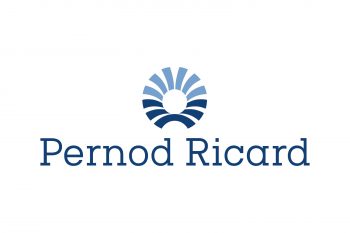The events industry and post-Covid: What perspectives?
Heavily impacted by the Covid-19 pandemic and the ensuing crisis, the events industry has suffered greatly for over a year. However, there is no shortage of prospects for recovery, leading to optimism.
On March 16, 2020, in a now-historic televised address, Emmanuel Macron announced the start of the first lockdown and showed determination: ‘we are at war.’ Faced with an uncontrollable virus, governments in various affected countries then banned all human gatherings. A disaster for the events industry, which saw a succession of postponements and cancellations in the face of an ongoing pandemic. Music, sports, trade shows, and fairs… the crisis disrupted all schedules. In Le Mans, the 2020 edition of the 24 Hours race was no exception. Originally scheduled for June 13 and 14, it was rescheduled for August 21-22, before finally taking place on September 19 and 20, behind closed doors… As for Le Mans Classic, a benchmark event in the automotive world, it is now scheduled for July 2022. Overall, it is estimated that the events industry’s revenue was reduced by a factor of 3 or 4 in 2020, with a total loss of 5 billion euros.
Digital Events: A Limited Response
Faced with this seismic shift, the events industry is adapting. Since physical gatherings are either prohibited or limited, some stakeholders have opted for digital events. However, while digital technology is a powerful tool, it quickly reveals its limitations in the context of events. It is indeed challenging to recreate the unique atmosphere of trade shows behind a screen. Everything that gives the charm to events disappears with the distance: chance encounters, lively discussions, discovering a beautiful booth around a corner, sharing a glass of champagne with a client, signing contracts next to the hors d’oeuvres… in short, digital lacks the human touch!
Events Post-Covid: Adaptation, Coordination, Solutions!
So, what is the future of events? Firstly, the arrival of vaccines brings optimism. While gatherings of tens of thousands of people may not happen anytime soon, smaller-scale events should be able to return as early as next fall. One solution stands out: hybrid physical/digital events. Consider, for example, satellite events, where a large event is replaced by several smaller events connected digitally. With the proliferation of these smaller trade shows and the constraints brought about by the epidemic, adaptation and coordination will be essential, especially in terms of logistics and storage. This is all the more reason to rely on professionals in managing goods and people to best prepare for the impending recovery.
The events industry is alive and well, ready to bounce back even stronger !
While the crisis has hit this sector hard, the prospects for recovery are optimistic, fueled by a need for human interaction that has never been stronger. The epidemic has forced various stakeholders in the industry to adapt, which is why the events of tomorrow must be prepared today to embark on this new chapter in the best possible conditions.
























